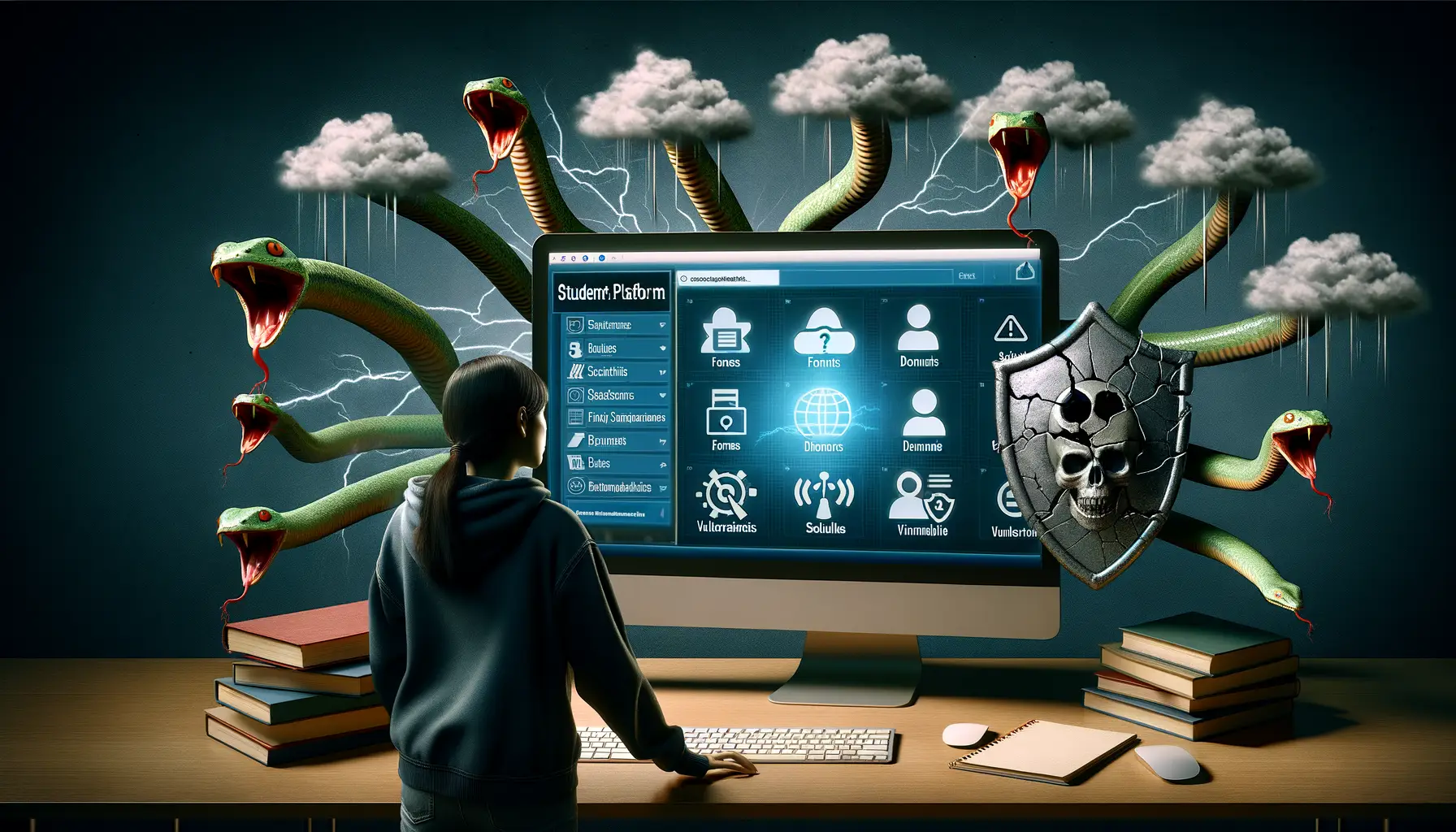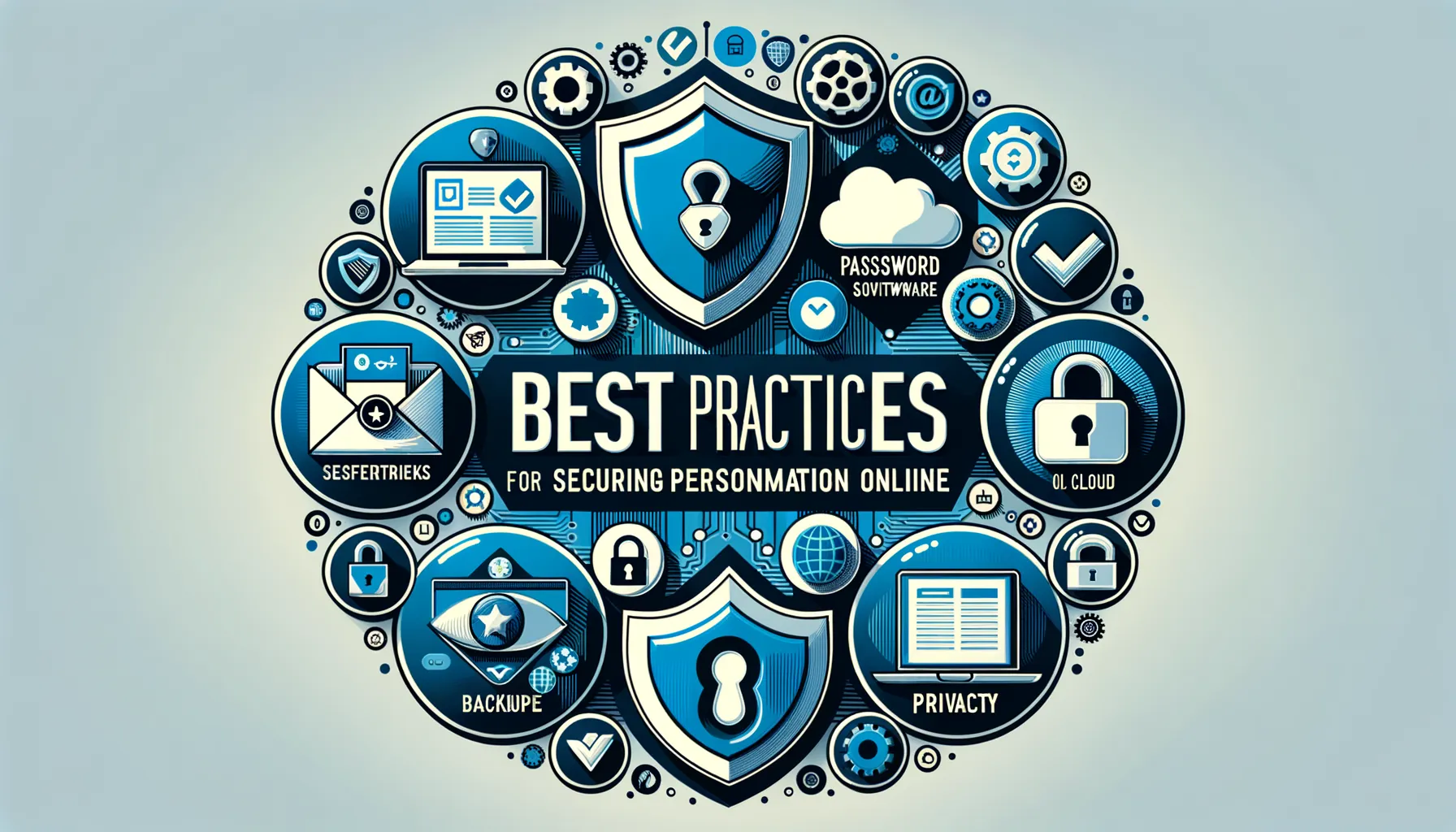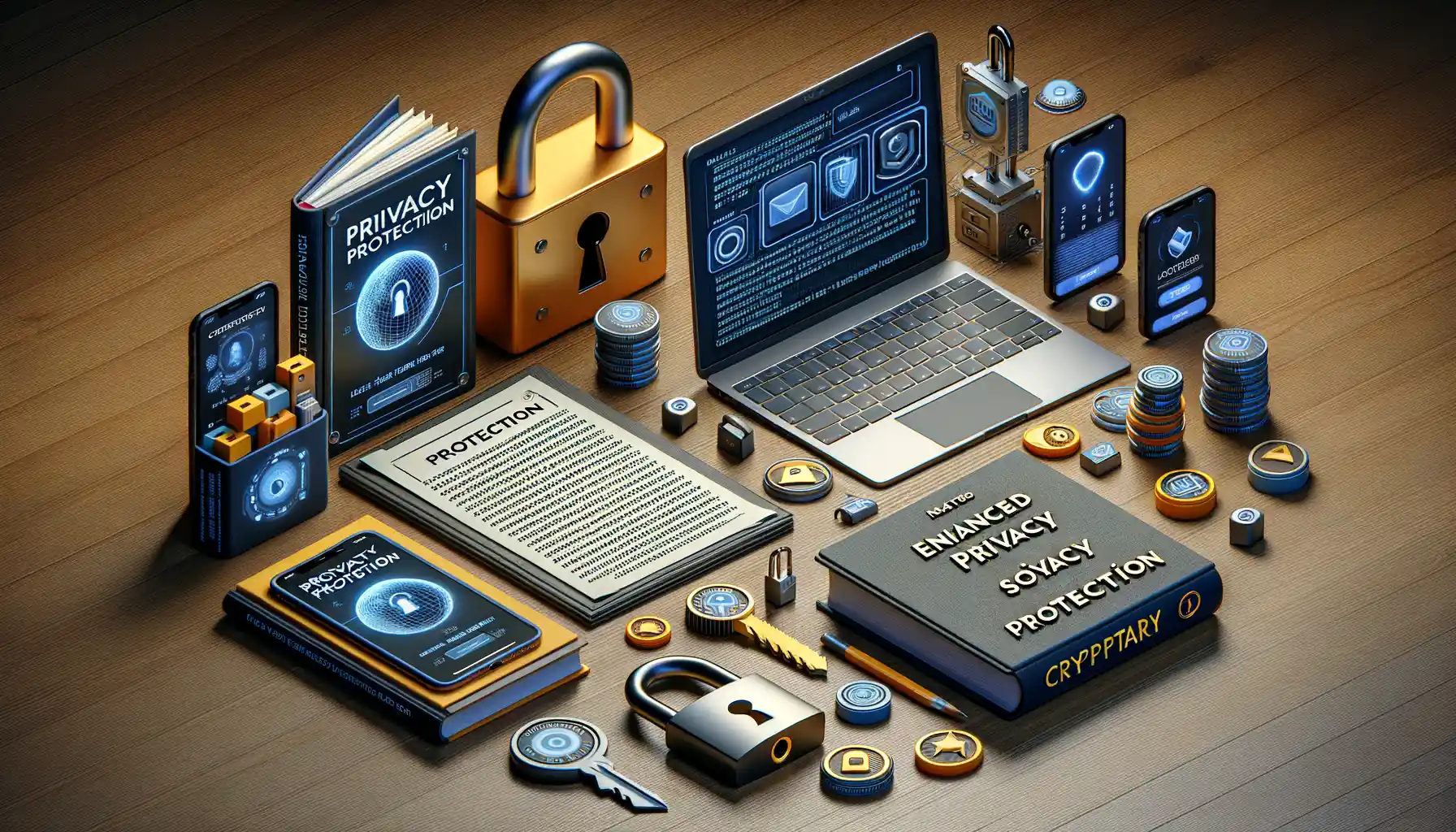Tips to Safeguard Personal Data on Student Forums and Networks
Catch a CheaterWhy Protecting Personal Data is Crucial for Students
The Hidden Dangers of Oversharing
Imagine this: you drop your student ID in the middle of a packed campus library. Wouldn’t you rush to pick it up before anyone else grabs it? Sharing personal data online is a lot like accidentally dropping that ID—except it’s visible to thousands, sometimes millions, of people.
For students, the stakes are much higher than an awkward moment in the library. Your personal data, such as email addresses, passwords, and even school schedules, can be exploited by scammers, cyberbullies, or even hackers looking to commit identity theft. And let’s be honest: do you really want someone using your info to open up a shady credit card?
Here’s what’s even scarier: many student platforms aren’t as secure as they might seem. Protecting your data means protecting the future version of you—the one applying for internships, scholarships, or grants. A leaked account today could cost you opportunities tomorrow.
- Identity safety: Avoid becoming a victim of fraud or impersonation.
- Academic integrity: Keep your hard-earned work safe from opportunists.
- Reputation shield: Guard against overshared or misused information tarnishing your image.
Think of your personal data as your digital fingerprint. Unique. Priceless. Worth defending like a treasure.
Common Risks and Threats on Student Platforms

Hidden Dangers Lurking on Student Platforms
Picture this: You’re scrolling through a student forum, exchanging tips for the upcoming exam with your peers. Harmless fun, right? But behind the scenes, unseen risks may be plotting against your digital safety. These platforms, buzzing with activity and trust, unfortunately attract cyber predators who thrive on overshared personal information.
Some of the top threats include:
- Phishing Schemes: Fake messages disguised as forum notifications or “urgent” scholarship offers can trick you into handing over sensitive details like login credentials or bank information.
- Data Scraping Bots: Automated tools quietly extract information from your profile—email addresses, study group affiliations, or even photos—to sell to shady third parties.
- Identity Theft: Did you know an innocent selfie uploaded for a class contest could be used to impersonate you elsewhere? Scary but true.
The Subtle Threat of Oversharing
Sure, sharing feels natural—your favorite books, your college major, maybe even your weekend plans. But every piece of data posted online becomes a puzzle piece for hackers. For instance, a seemingly mundane detail like your birth month combined with your university’s name can help craft answers to security questions.
It’s time to rethink how much trust we place in these platforms. They’re not just classroom extensions—they’re potential battlegrounds for your personal data. Stay sharp and share wisely!
Best Practices for Securing Personal Information Online

Embrace the Power of Strong Passwords
Picture this: your password is your digital house key. Would you leave a key marked “123456” under the mat? Of course not! Yet so many people treat their online security this way. A strong password isn’t just a suggestion—it’s a shield.
Here’s how you can create one that’s practically unbreakable:
- Length matters: Go for at least 12 characters. Imagine it as building a moat around your castle.
- Ditch the obvious: Skip names, birthdays, or “password1” (please, no!). Get creative with phrases—like “ToastDance!2023”.
- Mix it up: Capital letters, symbols, numbers—the whole works. Think of it as weaving an intricate, uncrackable code.
Oh, and here’s the golden rule: never use the same password for multiple accounts. It’s like locking every door in your house but using the same key for all of them.
Think Twice Before You Share
Let’s be real—students love sharing. But the oversharing bug can bite hard when personal data sneaks out. That “fun quiz” asking for your pet’s name? Yup, hackers see it as free research for your security question.
Before you post or type something out, stop and ask yourself: “Do I really need to share this?” For example:
- Birthdays, addresses, or class schedules? Better left offline.
- Photos with school IDs or private documents in the background? Double-check before posting.
- Your location tagged on a public story? Maybe save it for close friends only.
Here’s a mantra I’ve learned: What goes online tends to stay online—forever. Treat your personal information like treasure—it’s valuable, and not everyone needs access to it.
How to Identify and Avoid Scams on Student Networks

Red Flags That Scream “Scam Alert!”
Student forums can feel like a cozy circle of peers, but beware—scammers often dress up as friendly neighbors. How do they do it? They exploit trust, urgency, and your thirst for a good deal. Take Jane, for example. She found what seemed like an incredible bargain on textbooks in her school’s online group. But after wiring the money, poof—the seller vanished.
To avoid falling into that trap, keep an eye out for these warning signs:
- Too-good-to-be-true offers: A $200 laptop listed for $30? Trust me, you’re not that lucky.
- Pressure tactics: “Act now or lose this deal forever!” Scammers prey on impatience—don’t bite.
- Request for untraceable payments: If they insist on gift cards, wire transfers, or cryptocurrency, run in the opposite direction.
Smart Moves to Outwit Scammers
Think of spotting scams as playing detective—you’ve got to question everything. Always verify profiles before engaging with someone offering goods or services. For instance, check if their profile picture shows up in a reverse image search. A single Google search could save your wallet and sanity!
Finally, stick to secure platforms for transactions; steer clear of random apps or links. And when in doubt? Trust your gut—it’s rarely wrong.
Tools and Resources for Enhanced Privacy Protection

Shield Yourself with Privacy-Focused Tools
Protecting your personal data online doesn’t have to feel like an overwhelming chemistry exam. With the right tools, you can secure your digital presence effortlessly—almost like having a digital bodyguard by your side! Here are some student-friendly resources that pack a punch when it comes to privacy:
- VPNs (Virtual Private Networks): Think of these as invisibility cloaks for your online activity. A VPN like NordVPN or ProtonVPN encrypts your internet connection, making it nearly impossible for nosy hackers to spy on your data while you’re on coffee shop Wi-Fi.
- Password Managers: Guessing passwords like “1234” or “ilovepizza” is ridiculously easy for cybercriminals. Use tools like LastPass or Bitwarden to generate and store unique, strong passwords for all your accounts.
Privacy Settings: Your Hidden Superpower
The good news? You already have some privacy-protecting tools at your fingertips! Most platforms—including forums and apps you use daily—come with built-in features to keep your info safe, but they often get buried deeper than last semester’s notes.
Take a moment to explore your account’s privacy settings. For instance, on student forums, you can often control who sees your profile, posts, or contact details. Disable public visibility wherever possible—it’s like setting up a wall around your digital backyard. Also, consider enabling two-factor authentication. It adds an extra layer of protection, requiring not just a password but also confirmation through your phone or email.
Protecting your data doesn’t mean turning into a tech wizard—it’s about smart choices and reliable tools! Talk about peace of mind.
